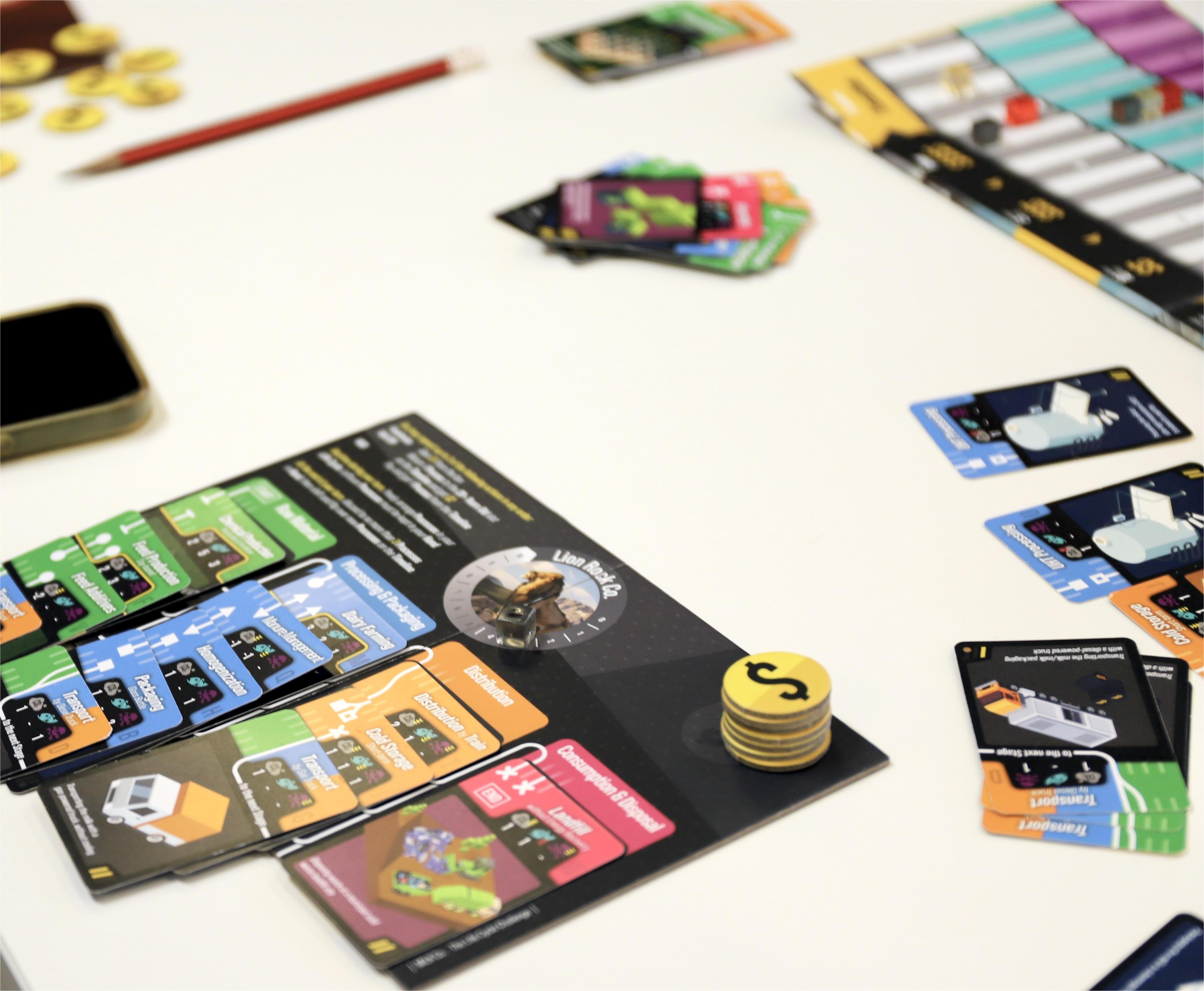Past Event
Life Cycle Thinking Seminars for HKUST Engineering Students

Dr. Meike Sauerwein teaching Life Cycle Thinking to HKUST students.
Life Cycle Thinking (LCT) is an important concept for engineers across disciplines, as it encourages a holistic view of the environmental and economic impacts of products and services throughout their entire lifespan. By assessing each stage of a product’s life—from raw material extraction and production to use and disposal—engineers can identify “hotspots” - processes with the highest resource use or emissions. These insights allow for targeted redesigns that improve efficiency, reduce waste, and contribute to more sustainable solutions.
To instill this mindset in future engineers, Dr. Meike Sauerwein (Lecturer in the Division of Environment and Sustainability at HKUST) has collaborated with the School of Engineering since 2019 to offer engaging seminars on Life Cycle Thinking and Assessment. Through these sessions, Dr. Sauerwein and her team have reached over 2,500 undergraduate engineering students to date.

A sustainability board game developed by Dr. Sauerwein’s team, that allows students to explore environmental impacts of different product designs.
The seminars combine conceptual learning with hands-on, interactive activities. Students participate in group exercises—such as playing board games and product design simulations — where they analyze real-world examples and assess environmental impacts across life cycle stages. This active learning format not only improves understanding but also builds confidence in applying LCT to engineering challenges.
Student feedback has shown that the seminars are both impactful and directly relevant to their fields. Some applied LCT to specialized product components in aerospace engineering, while others examined the sustainability implications of common chemicals or materials. Participants also discussed the environmental dimensions of emerging technologies such as Artificial Intelligence (AI), and some reflected on the role of LCT in construction, particularly in selecting less energy-intensive materials or identifying long-term project hotspots.
Many students noted that the seminars encouraged them to look beyond climate change and consider broader issues such as impacts on water and soil from production and waste. By embedding these critical perspectives early in their education, the seminars support a new generation of engineers in making more informed and responsible design decisions.